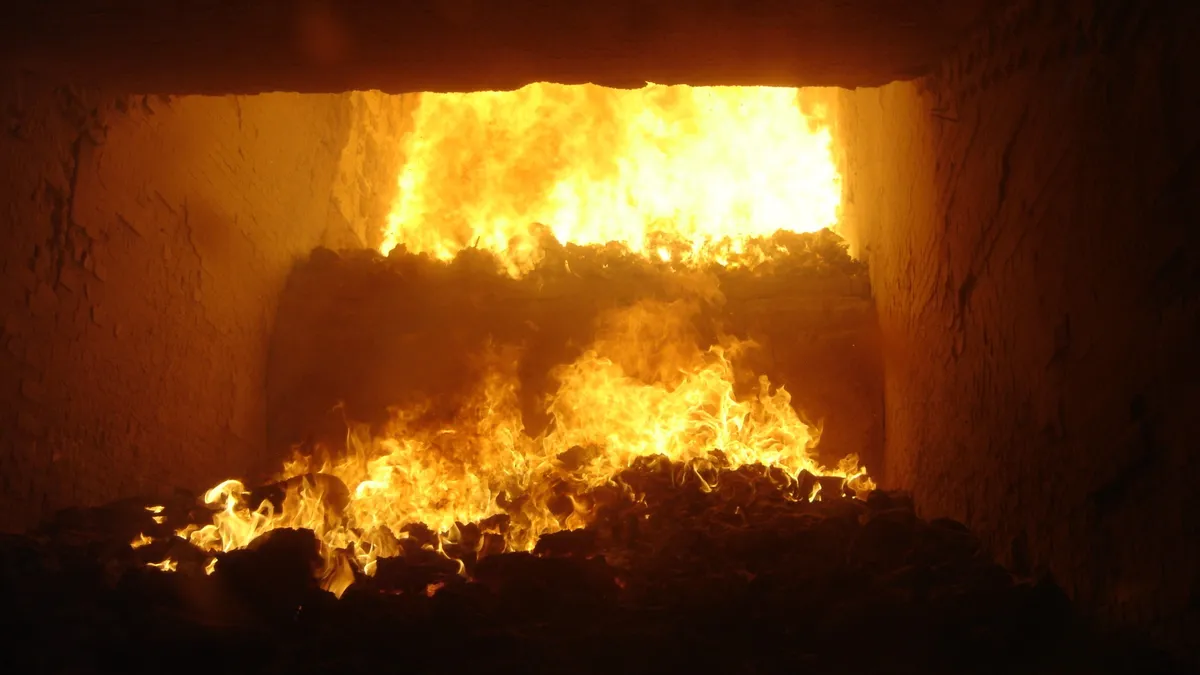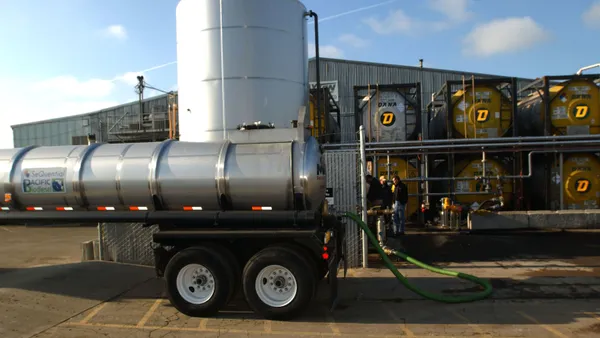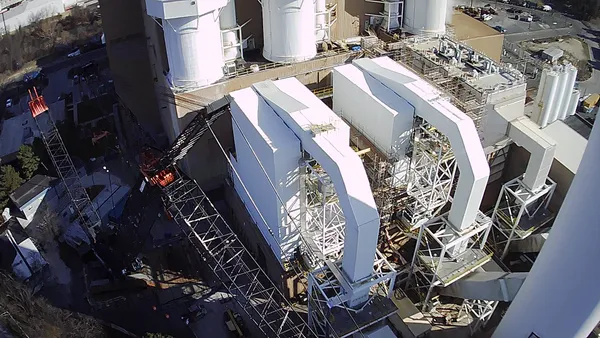Dive Brief:
- Reworld has informed local officials in Marion County, Oregon, of its intention to close its mass burn facility on Dec. 31, as first reported by the Salem Statesman Journal.
- The company has threatened to do so for several months. In August, the county’s board of commissioners said Reworld presented officials with four options: create a transfer station by lease, buy the facility from Reworld, allow Reworld to sell the facility to a third party or Reworld would shut down the plant by the end of the year.
- A spokesperson for Reworld confirmed the report but declined to comment further. Oregon Department of Environmental Quality officials said they have not received a closure plan from Reworld so far.
Dive Insight:
If the Reworld plant shutters, it would likely leave just one large waste-to-energy plant on the West Coast in Spokane, Washington. Reworld also operated the last two mass burn facilities in California, but the company is decommissioning both this year.
In California, the company has been blunt about the impact of laws like AB 1857, passed in 2022. The law removes an incentive for local governments to send their waste to incineration, making operations in the state mre difficult for Reworld. Other regulatory changes, like more stringent limits on nitrogen oxide emissions, also raised costs for Reworld's California facilities.
Oregon also recently increased the stringency of its emissions regulations through SB 488, which passed last year. The law lengthened the list of pollutants that facilities must continuously monitor beyond what federal law requires. It also limited the amount of regulated medical waste that a MSW incinerator could accept to 18,000 tons at most each year. Reworld has struggled to meet reporting requirements included in the law since it was passed.
The Reworld Marion facility, built in the 1980s, processes about 550 tons of waste daily, including about 90% of the county's garbage. It’s currently the only medical waste incinerator on the West Coast. In testimony opposing SB 488, Reworld said the Oregon healthcare system might need to send such waste more than 1,800 miles to Kansas City, Kansas, where the next closest facility is.
Reworld did not specify whether the new regulations were responsible for the facility's closure. At a meeting Oct. 10, officials with Salem's solid waste committee speculated that regulations and financial challenges may have played a role in the facility's closure.
Ryan Zink, city franchise administrator for Salem, said all state law enforcement agencies use Marion's incinerator and would need to find alternatives in Michigan or elsewhere for destruction of records, evidence and other items. Salem itself will also need to redirect waste, likely to disposal sites such as Republic Services' Coffin Butte Landfill.
"With Reworld, everything was able to go there for relatively inexpensive cost," Zink said at the meeting. "Without that option, we need to be more strategic about which things are disposed in which ways to reduce the overall cost."
Salem officials are planning to discuss the issue again at a meeting next month. Meanwhile, Reworld has previously said it's targeting new geographic areas, thanks in part to a deal in which Singaporean sovereign wealth fund GIC acquired a 25% stake in the company from owner EQT. Reworld also received a contract worth up to $550 million last year to build the nation's largest new waste-to-energy plant in Pasco County, Florida.















